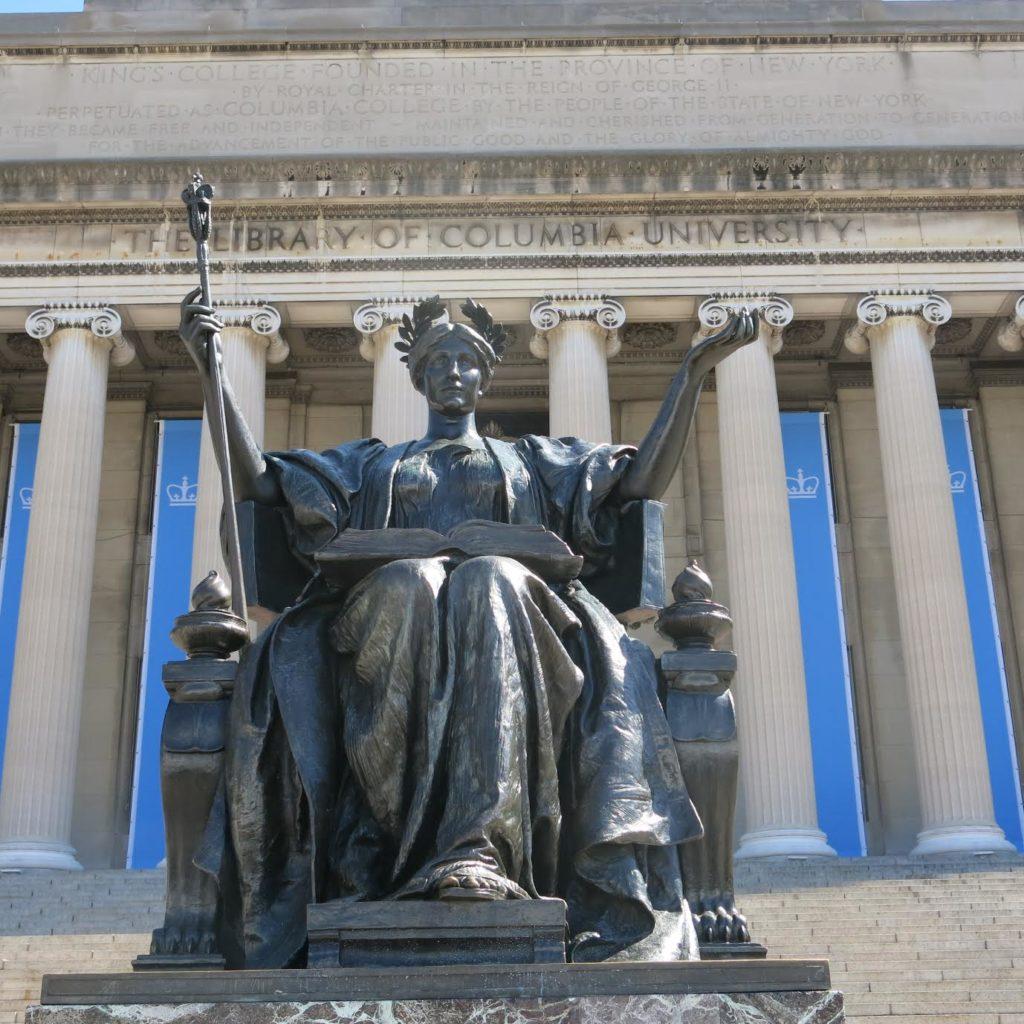
When high school students visit and research colleges and universities, it is important that they learn about a school’s mission, values and founding principles. That information is useful as they consider whether a school appeals. It’s also helpful as they try to assess whether that school is a place that will help them achieve their goals and where they would want to make their home for the next four years.
Later, as students develop their college applications, they can use that knowledge to demonstrate how well their own aspirations and values match the school’s programs, philosophy, values and culture. Identifying the synergy between them and that institution can be helpful in increasing their chances of gaining admission.
During campus visits, students should listen for information about a school’s mission and characteristics of successful students there. When researching a school by looking at its website, they can learn about its mission by putting “mission statement” into the search bar. In addition to the mission statement, schools may offer information about their values, history, enduring commitments, vision, and more.
As an illustration, here are two mission statements taken directly from their websites.
Oberlin College’s Mission Statement
Oberlin educates students for lives of intellectual, musical, and artistic rigor and breadth; sustained inquiry, creativity and innovation; and leadership. Oberlin aims to prepare graduates with the knowledge, skills, and perspectives essential to confront complex issues and to create change and value in the world.
Oberlin is committed to educational access and opportunity. It seeks to offer a diverse and inclusive residential learning environment encouraging a free and respectful exchange of ideas and shares an enduring commitment to a sustainable and just society.
Villanova University’s Mission Statement
Villanova University is a Catholic Augustinian community of higher education, committed to excellence and distinction in the discovery, dissemination and application of knowledge. Inspired by the life and teaching of Jesus Christ, the University is grounded in the wisdom of the Catholic intellectual tradition and advances a deeper understanding of the relationship between faith and reason. Villanova emphasizes and celebrates the liberal arts and sciences as foundational to all academic programs. The University community welcomes and respects members of all faiths who seek to nurture a concern for the common good and who share an enthusiasm for the challenge of responsible and productive citizenship in order to build a just and peaceful world.
When you’re getting to make your choice and your pitch to a school, a little knowledge goes a long way.
Published in the Back to School section of The Scarsdale Inquirer, August 16, 2019
